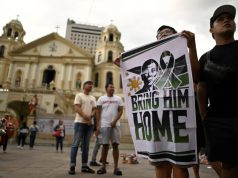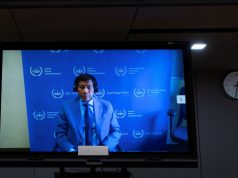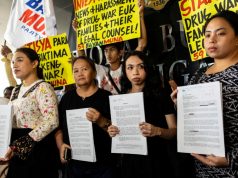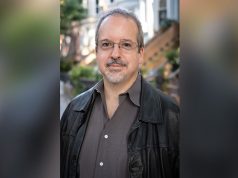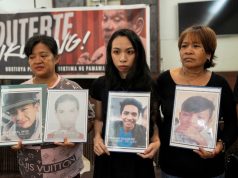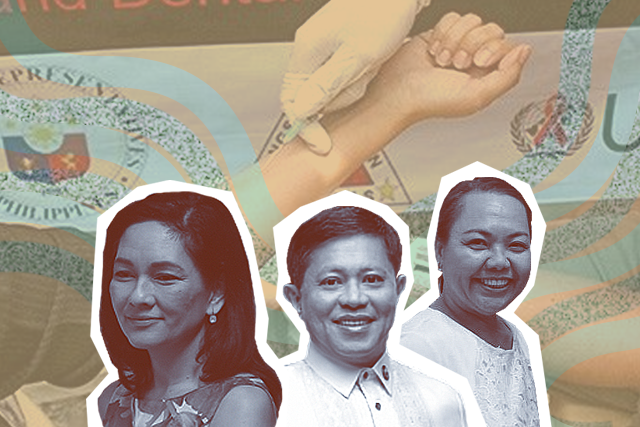
The passage of the law that strengthens the HIV and AIDS policy in the country, which focuses on human rights and educating the public, was perceived as a huge step in ending the stigma of sexually transmitted diseases among Filipinos.
President Rodrigo Duterte passed Republic Act No. 11166 or the Philippine HIV and AIDS Policy Act of 2018 in December 2018.
This measure repealed the old Republic Act No. 8504 or the Philippine AIDS Prevention and Control Act of 1998.
Authors of the measure, Sen. Risa Hontiveros, Rep. Kaka Bag-ao of Dinagat Islands and Rep. Tom Villarin of Akbayan Partylist, welcomed this development after years of lobbying.
HIV or human immunodeficiency virus is a type of sexually transmitted disease. HIV is the virus that causes AIDS or acquired immunodeficiency syndrome.
Ending discrimination
Hontiveros, who also campaigned for the recently signed Mental Health Law, said that this law focuses on the human rights of persons living with HIV or PLHIV.
“The law affirms a human rights-based, humane and scientific approach in addressing HIV and AIDS. It will protect the rights of persons living with HIV, afford accessible treatment through updated health technologies, and educate more people for prevention and de-stigmatization,” she said.
“The measure provides young Filipinos with the correct information and healthy values that will protect them from the disease,” she added.
The senator cited a 170-percent rise of cases among Filipinos aged 15 to 24 years old.
Meanwhile, Bag-ao thanked PLHIVs and other people who pushed for the passage of the law through an online campaign called #HIVPolicyNow on Twitter in 2017.
“On the day that the House of Representatives approved the bill, #HIVPolicyNow was first among the trending topics in the whole country,” she said.
Villarin hopes the legislation will break the long-running discrimination against HIV-positive Filipinos amid the rising cases in the Philippines.
“While changes in perception and mindset won’t happen overnight, it’s a giant step in the right direction,” he said.
Non-governmental organizations that seek to stop the spread of HIV and AIDS also hailed the passage of the policy.
It's official! We now have a better and more relevant Philippine AIDS law!#HIVPolicyBatasNa!
Posted by ACHIEVE Inc. on Tuesday, January 8, 2019
"The law establishes the Philippine National AIDS Council to ensure effective implementation of the country’s response to the spreading of HIV and AIDS among the population."
Posted by LoveYourself Inc on Tuesday, January 8, 2019
Data from the United Nations Programme on HIV and AIDS showed that the country has the fastest growing HIV epidemic in the Asia-Pacific region from 2010 to 2016.
Meanwhile, the government recorded a total of 8,533 cases of HIV, including 1,520 AIDS cases during the first nine months of 2018.
The Department of Health noted that their next step is to develop a guide for executive officials and the general public on how to implement and comply with the law.
“A stronger collaboration is a key to attaining our vision of an HIV-free country. The road ahead will be long and our climb will be steep, but we will thrive and win against HIV and AIDS,” the agency said.
Changes in the new HIV and AIDS policy
The new law combines two proposals—Senate Bill No. 1390 proposed by Hontiveros and Sen. JV Ejercito, who was the chairman of the Senate health committee, and House Bill No. 6617 by Bag-ao, former presidential spokesman Harry Roque and other lawmakers.
Under this policy, the Philippine National AIDS Council (PNAC), an organization established in 1992, will be restructured and tasked to develop and implement the AIDS Medium Term Plan, a six-year plan to prevent the spread of the diseases.
The Department of Health shall provide free and accessible medical services to patients with HIV, while the Department of Social Welfare and Development and other related agencies shall ensure that PLHIVs will not be prejudiced in society for their status.
Furthermore, minors 17 years old and below who are pregnant, married or at risk of catching such illness shall be allowed to give his or her consent in order to be tested.
Bag-ao explained that the provision recognized the reality that PLHIVs are getting younger and they need proper counseling and guidance.
“Those below 15 and who happen to be pregnant or engaged in high-risk behavior can undergo testing and counseling with the assistance of a licensed social worker or health worker,” she said.




